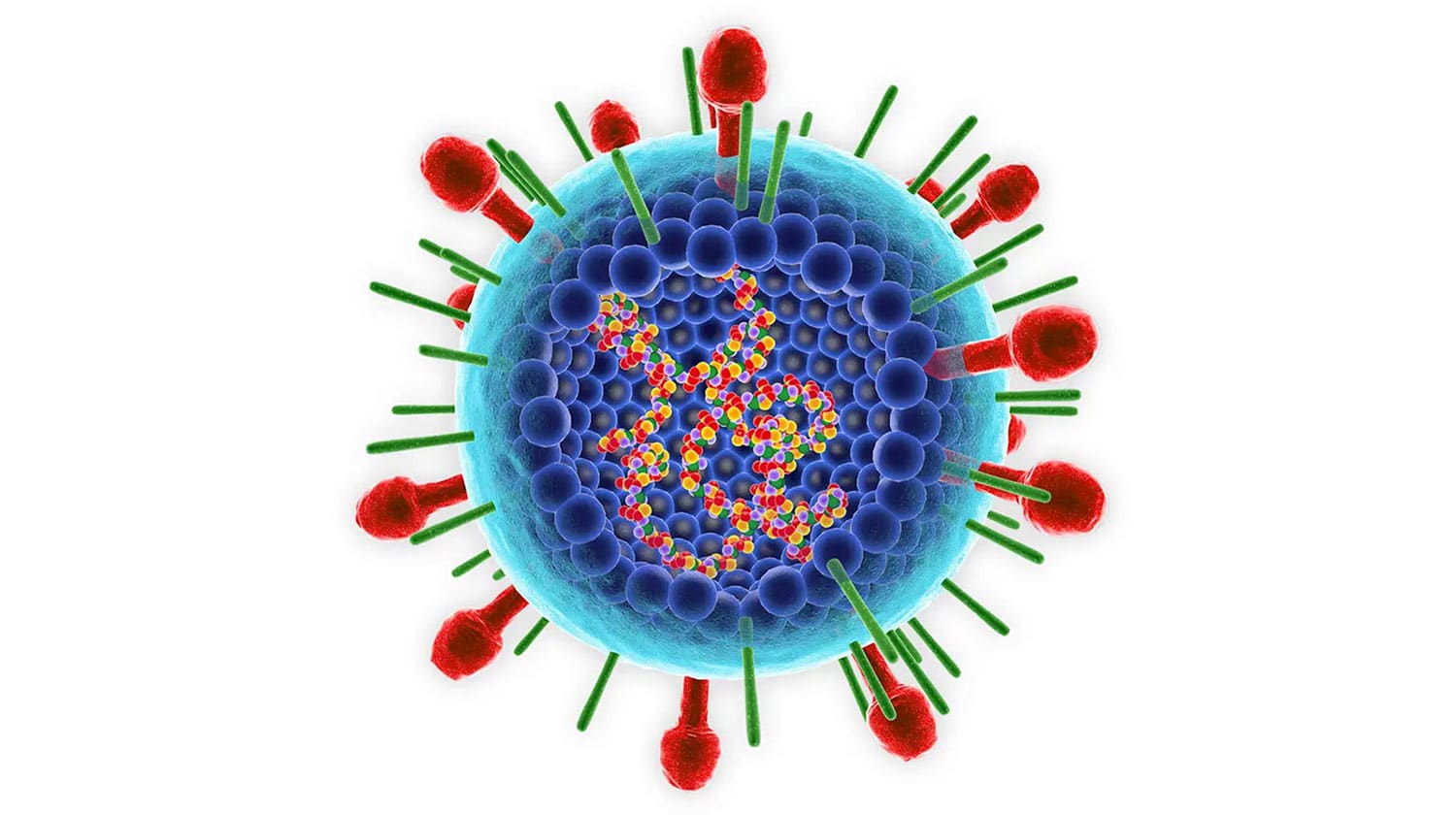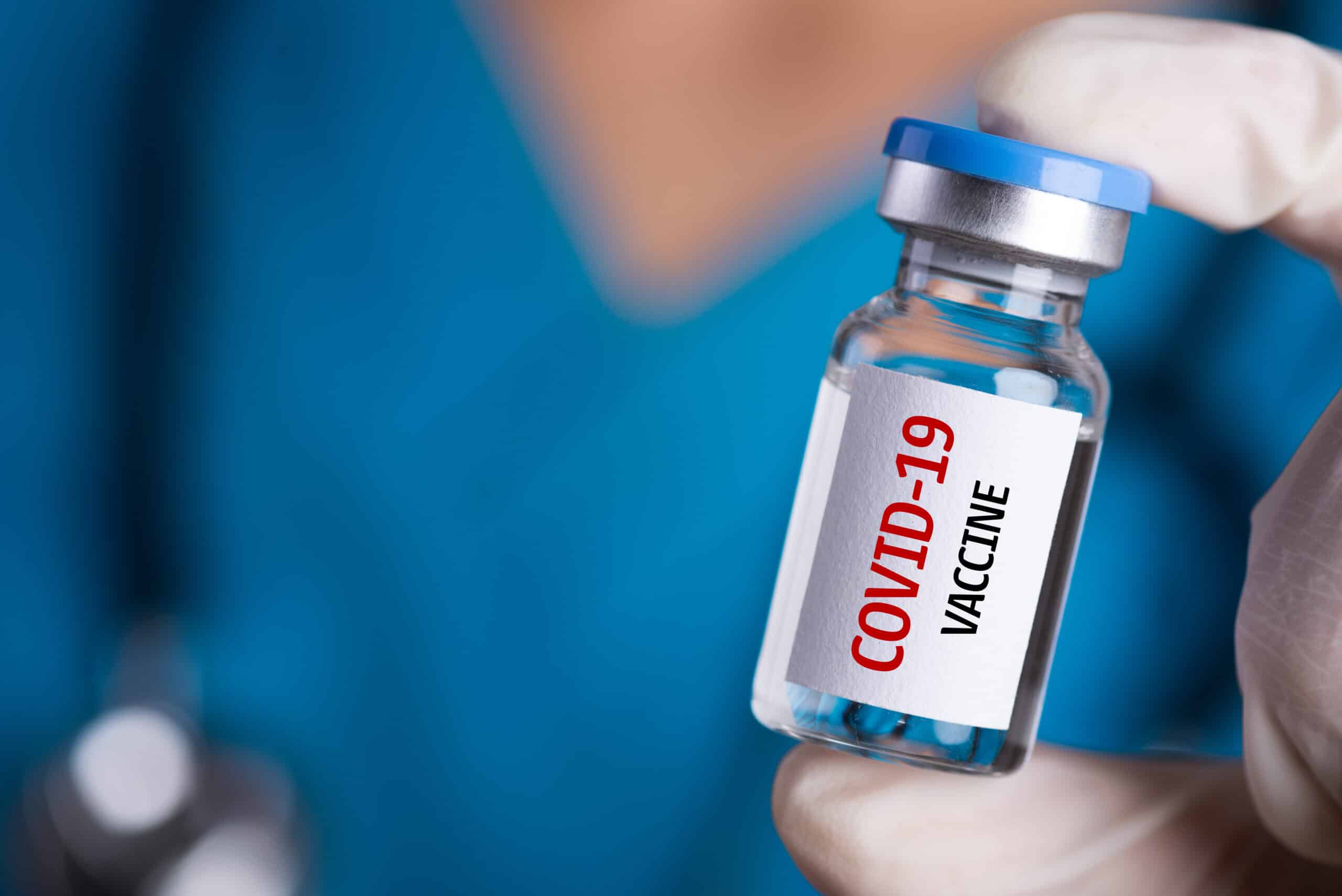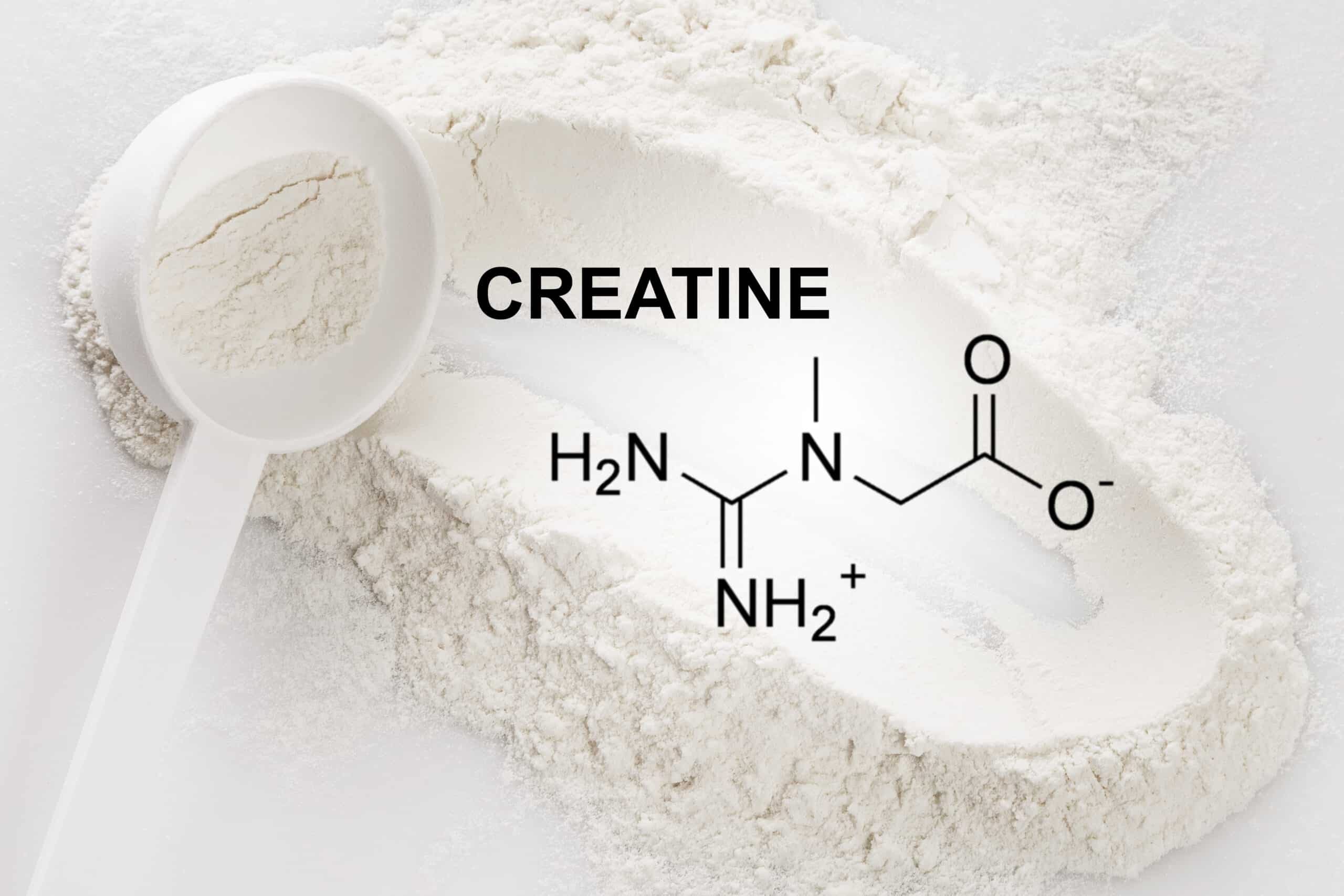It’s spring! And that means lots of pollen and allergies. Plus, we’re not yet out of the woods for cold and flu season. With so much coughing and sneezing, how do you know when to make a doctors’ appointment? One of the things you should be on the lookout for – especially if you have small children – is RSV.
What is RSV?
Respiratory syncytial virus (RSV) is a common respiratory virus that affects the lungs and respiratory tract, typically causing mild, cold-like symptoms. The most common symptoms of RSV include coughing, sneezing, runny nose, wheezing, difficulty breathing, fever, and decreased appetite or activity levels.
What Causes RSV?
RSV spreads through droplets in the air that enter your eyes, nose, or mouth. Therefore, the most common cause of infection is someone with RSV coughing or sneezing near you. You may also become infected by shaking hands or directly touching someone with RSV.
The virus can also survive several hours on hard surfaces, such as doorknobs, countertops, and children’s toys. If you touch your eyes, nose, or mouth after touching a contaminated object, you may become infected.
Who Is Most Affected?
RSV can affect people of all ages, but it is most common in infants and young children. Almost all children in the United States become infected with RSV at least once by age 2, with most cases causing mild, cold-like symptoms.
In some cases, though, the infection can be severe and possibly require hospitalization. About 1%-2% of children under six months of age may need to be hospitalized. In the United States, about 75,000 to 125,000 children need to be hospitalized each year for RSV infections.
How Long is RSV Contagious?
Most people who become infected with RSV can be contagious for about 3 to 8 days, generally the whole time they are exhibiting symptoms. However, infants and adults with weakened immune systems can be contagious for up to 4 weeks after they become infected, making schools, childcare centers, and senior living communities especially vulnerable.
In most cases, people recover from RSV within a week or two from a mild, cold-like illness. Recovery usually takes longer for adults with weakened immune systems.
For those with mild RSV infections, self-care and over-the-counter measures are usually enough to relieve symptoms. There is no specific treatment for RSV infection; however, researchers are working on a vaccine and antiviral medicines to help fight RSV.
RSV Risk and Prevalence
RSV affects people of all ages, but it poses a higher risk for severe infection and complications in infants (especially premature infants), young children with congenital heart disease or chronic lung disease, children and adults with weakened immune systems, adults with heart or lung disease, and adults 65 and older.
For these higher-risk groups, severe infections can lead to pneumonia or bronchiolitis, which is the inflammation of the small airways in the lung. RSV is the most common cause of pneumonia and bronchiolitis in children younger than age 1 in the United States.
RSV may also trigger or worsen symptoms of certain chronic health problems, such as asthma, congestive heart failure, or COPD (chronic obstructive pulmonary disease).
Infants and older adults who develop severe RSV infections may need to be hospitalized. Estimates show over 177,000 older adults and over 58,000 children younger than five years old are hospitalized due to RSV infections each year in the United States.
How to Prevent RSV
Because RSV infection is so common, it’s essential to protect yourself and your loved ones. For those at higher risk or in contact with infants, older adults, and people with pre-existing conditions, it is especially important that you wash your hands frequently with soap and hot water. It’s also advisable to:
- Avoid touching your face, especially your eyes, nose, or mouth, with unwashed hands
- Cover your mouth and nose when you cough
- Avoid close contact with people who have fevers or colds
- Disinfect surfaces, handles, and toys frequently
Finally, adults who smoke are at a higher risk of severe RSV infection, so if you’re already at high risk, consider quitting. And as always, stay home if you’re feeling sick.
When Should You Seek Medical Attention?
Though most cases of RSV are mild, severe infections can develop. Severe RSV infection can cause pneumonia or bronchiolitis, so those at higher risk for severe infection must stay vigilant of their symptoms. You should seek immediate medical attention if you or your loved one is experiencing difficulty breathing (or very rapid breathing), a high fever, or a bluish color to the skin as this can be a sign of inadequate oxygen.
Because RSV and COVID-19 are both respiratory viruses with similar symptoms, your healthcare provider may also test for COVID-19. Having RSV may lower immunity and increase the risk of getting COVID-19, so the two infections may occur together.
If you’re concerned that you or a loved one might have RSV, please contact Peninsula Doctor today.



